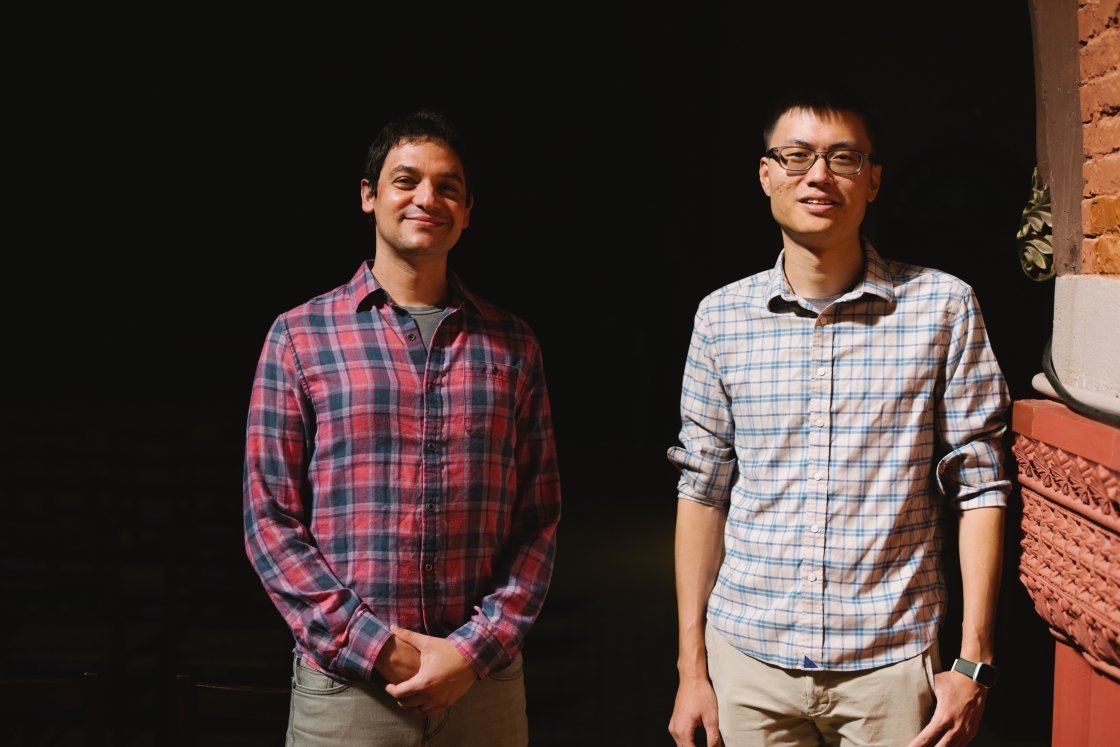June 11, 2018 – International sports have often been hailed as a catalyst for international cooperation but a new Dartmouth study finds the very opposite. The findings reveal that countries who compete against each other in the World Cup are more likely to experience a drop in trade than those that didn’t compete.
“International soccer has long been recognized as a powerful source of nationalism around the globe. Our findings reveal that World Cup fervor and nationalism may actually lead to breakdowns in trade between competing countries,” says lead author Andrew Bertoli, a U.S. foreign policy and national security fellow at the Dickey Center for International Understanding at Dartmouth.
To test if the World Cup had any effect on trade levels between competitors, the study examined trade data between countries who were randomly assigned to compete against each other in the group stage of the World Cup from 1930-2014 versus those that could have competed. Of the 590 pairs of nations who competed, the researchers looked at 486 pairs for which trade data (yearly import and export data) was available. They compared the trade data the year before the World Cup with the year of the World Cup to determine whether countries experienced a drop in trade during the World Cup year. Data was obtained from the Correlates of War Project.
Image  Graphic provided by Andrew Bertoli. Figure 3 from study. |
At the World Cup, who competes against who is determined by which groups countries are randomly assigned to, as countries play against others within their group.
Dartmouth’s research team found that 41 percent of the pairs of countries that were randomly assigned to compete against each other in the group stage experienced a drop in trade during the World Cup year. According to their statistical analysis, this number was significantly higher than expected. They demonstrated this by using a computer randomization algorithm that created hypothetical World Cup groups and then calculated how likely the pairs of countries in these alternative groups were to experience drops in trade. The researchers found that the pairs of countries in the hypothetical scenarios were much less likely to experience trade reductions than the countries that actually played in the World Cup group stage. In fact, their estimates suggest that World Cup competition increased the chances that two countries would experience a drop in trade by 12 percent.
The effect also appeared to be much larger for the pairs of countries where soccer was the most popular sport for both sides. The researchers found that 43 percent of these pairs experienced a drop in trade during the World Cup year, and that World Cup competition increased the likelihood of a trade reduction by 17 percent for these pairs.
The findings illustrate a tangible example of the social psychological phenomenon of realistic conflict theory, where group competition is thought to create opposition between entities.
The study builds on earlier research by Bertoli on how nationalism from international sports may increase international conflict. His findings demonstrated that opponents at the World Cup were 56 percent more likely to behave aggressively against each other following such surges in nationalism.
Bertoli is available for comment at: abertoli@dartmouth.edu. The paper was co-authored by George Yin, a U.S. foreign policy and international security fellow at Dartmouth.
NOTES: Link to supplementary materials. Hi-res images of figures from paper available upon request.

